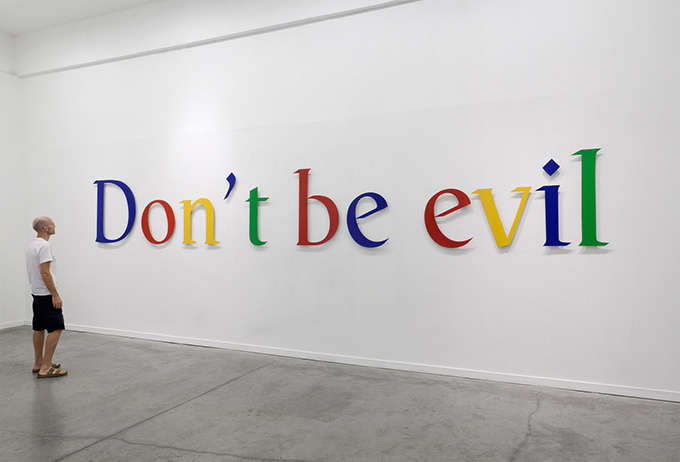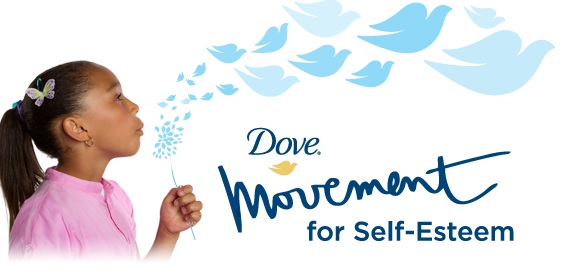Jem Fawcus is the owner and group CEO of qualitative research company Firefish whose clients include Unilever, PayPal and Twitter. This year, he'll be judging the Effective Use of Brand Purpose category at the WARC Awards. Here, he shares how Firefish unearths insights around purpose and explains why millennials will save the world.
How do you define brand purpose?
As an underlying philosophy and a goal that acts as an organising principle for how a business acts. It's anything beyond existing to make money. The key is in the action – brand purpose is nothing if you can't live up to it. I make a distinction between brand purpose and social purpose as they occasionally become blurred. Social purpose is fantastic if you can deliver it, but I don't think it has to be about saving humanity – it's about doing something you can believe in and live up to.
I'm aware that some of your work have involved a purposeful positioning. How does Firefish help its clients practice purpose? Do you have a particular way of unearthing insights around purpose?
Identifying the right brand purpose is as complex as it is important. There isn't a magic formula, but the key to unlocking the right path is powerful consumer insight.
This is our range of criteria that a brand purpose must fulfil to be effective:-
Relevant: be closely aligned with the attitudes and behaviours of your target audience and the cultural context
Inspiring: engage the audience on an emotional level on a topic that they find important, motivating and 'talkable'
Differentiated: stand out as unique and impactful in the sea of 'noise'
Authentic: align with the brand's DNA and be appropriate to the category in which you operate
Credible: seen as something that is both real, possible and lived and breathed in all elements of a brand's behaviour
There isn't a magic formula, but the key to unlocking the right path is powerful consumer insight.
Unilever is one of your clients and, on account of the USLP, is often the poster child for purpose. What other brands do you think are trying to blaze the trail when it comes to purpose?
Unilever's founding principle tapped into a wider cultural movement in the 1890s with the likes of [philanthropist] Joseph Rowntree. Its social purpose was around cleanliness making life more enjoyable and rewarding. It runs through the organisation in a way that is admirable - the culture has come back round to appreciate that side of the business, although Unilever has quietly been doing it for 130 years. Many of the tech brands launched in a blaze of social purpose. Google's Don't Be Evil, for instance, is both a positive and a negative in that it becomes very hard to live up to.

Generation Z, which is coming through, seems to be getting weary of the 'worthy' brand purpose. Millennials are more interested in a higher purpose.
Why? What's different about millennials?
Every generation has an idealistic phase that more or less gets beaten out of them as they get older. However, the millennial generation looks for and expects companies to do more than just take their money and give them a product. That's partially because there's been a massive increase in choice and transparency. The concern about the environment and implications in wider social areas has led to more demand for performance in those areas. Millennials have grown up expecting and demanding authenticity – as well as some other higher purpose than just a transactional one – and that's driven a realisation and an expectation among all demographics and generations. We now see what's possible from brands and businesses so everyone is buying into it, but, for Generation Z, paying lip service isn't enough. It's a generation of do-ers: Gen Z will actually change the world, they're very practical and just get on and do stuff.
What examples of brand purpose – from anywhere in the world – have particularly impressed you over the years?
Lifebuoy's handwashing programme, Help A Child Reach 5 , has been going for a number of years.
Patagonia has kept true to its business from its inception. As the father of three young girls, I'm hyper-sensitised to gender equality so I'd also include Like A Girl and Dove's self-esteem initiative.

How difficult is it to measure the impact of brand purpose, not just on the brand business but also within a broader context?
Brands are about building relationships with people and, to do that, especially over the next few years as machines and AI take over the mundanity of our purchasing habits, building a relationship with the human qualities of the brand will be more important. So a key element of brand purpose is how it makes people feel. Ultimately, it's about what role the brand and the business is playing in society. The benefits of brand purpose are bigger than just sales, they are around that brand's place in society.
Should purpose-led initiatives always involve employees? If so, why, and how?
If employees can't live it, it shouldn't be your purpose. I see examples where CEO-led purposes often disconnect with the experience of the people working with them. A development of a brand purpose should involve employees from the very beginning.
Tell me what you'll be looking for in papers entered for the Effective Use of Brand Purpose category.
Unconventional thinking. Some surprising examples of brand purpose and ways of putting together the core values of the brand and the business in a way that's going to resonate culturally with audiences. If you don't have total authenticity, transparency and credibility, it's just window dressing.
What advice would you give to entrants?
If you're wondering whether or not to enter, just go for it!
Other categories include:
- Effective Innovation
- Effective Content Strategy
- Effective Social Strategy

